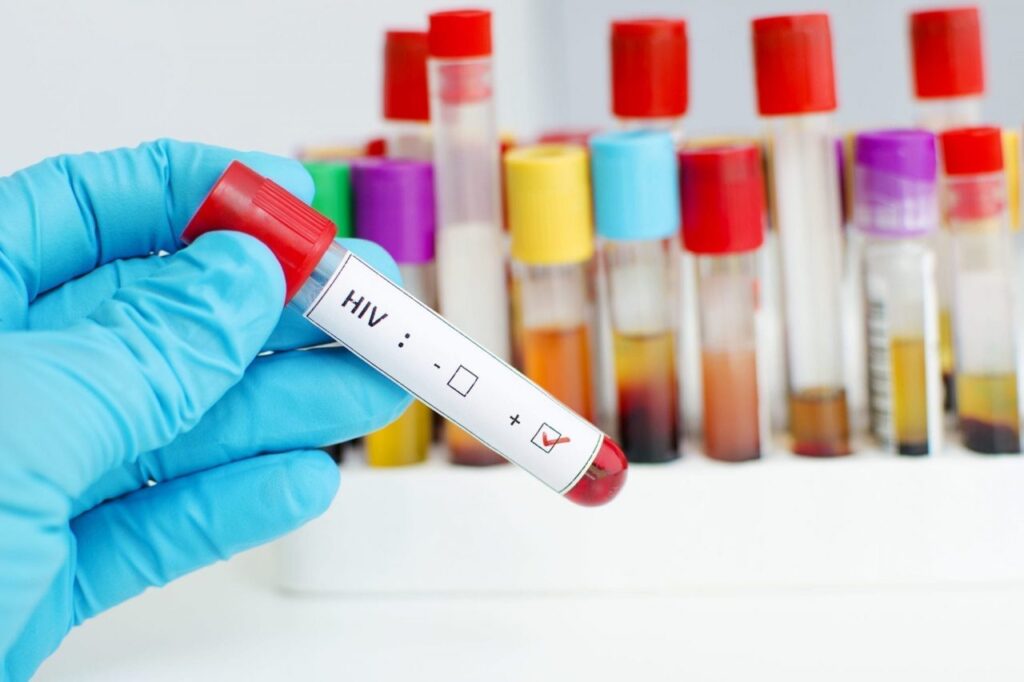
The Association of Positive Youth in Nigeria (APYIN) has called for the integration of mental health and psychosocial support services into Human Immunodeficiency Virus (HIV) prevention programmes in the country.
APYIN also advocated for the inclusion of HIV prevention into existing health and development programmes targeting adolescents and young people, including sexual reproductive health and rights, economic empowerment, mental health, sexual and gender-based violence, and education.
A representative of the group, Elizabeth Talatu, who presented a communique issued at the end of the 2024 HIV Prevention Youth Conference organised by the National Agency for the Control of AIDS (NACA) in Abuja, noted that the youths play a crucial role in shaping the national HIV response and stressed the need to harness their potential in accelerating and realisation of the Sustainable Development Goals (SDGs) and ending AIDS by 2030.
Talatu urged the government and development partners to ensure the effective implementation of the HIV/AIDS anti-discrimination Act and the health, safety and environment policy in the workplace.
She called for the removal of legal and policy barriers that hinder access to HIV prevention, treatment, and care services for key populations, including age restrictions, criminalisation of same-sex behaviour, and punitive laws targeting marginalised groups.
Talatu stressed the need to strengthen the capacity of healthcare providers to deliver culturally competent and non-discriminatory services to key populations disproportionately affected by HIV including young men, who have sex with men, sex workers, and Lesbian, gay, bisexual, transgender, queer and intersex (LGBTQI) young persons.
She canvassed for the strengthening of health systems to ensure the sustainability of HIV prevention efforts, including capacity building for healthcare providers, supply chain management for essential commodities, and monitoring and evaluation systems for programme effectiveness.
She also canvassed for promoting mental wellness and combating stigma and discrimination as integral components of our HIV prevention efforts.
“We call for the implementation of anti-stigma campaigns and community dialogues to curb misinformation including negative attitudes and discrimination toward adolescents and young people living with HIV, including key populations.’’
“We further emphasise the need for training for healthcare providers, educators, and community leaders on stigma reduction, cultural competence, and human rights to create inclusive and supportive environments for adolescents and young people affected by HIV, including key populations,” she said.
The group acknowledged the transformative potential of science, technology, and innovation, in driving sustainable development and promoting HIV prevention among youths and implored all stakeholders to harness digital technologies and social media platforms to deliver HIV prevention messages, promote healthy behaviours, and facilitate access to testing and support services for adolescents and young people.
“We advocate bridging the digital divide in the context of HIV prevention, recognising the transformative potential of technology in reaching vulnerable populations. We stress the need to ensure the health and rights of key populations (KP) living with HIV as a cornerstone of our HIV prevention agenda by prioritising comprehensive care, empowerment, and advocacy for KP communities.
“We call upon governments, UN agencies, international organisations, civil society, private sector, youth-led organisations and networks, and all stakeholders to join hands with us in advancing the sustainable development goals and realising the aspirations of the targets by 2030,” Talatu added.












